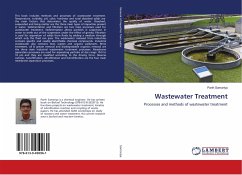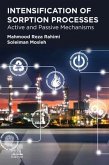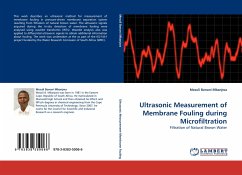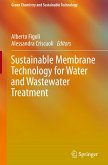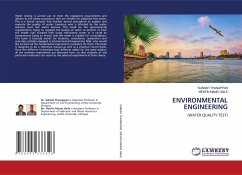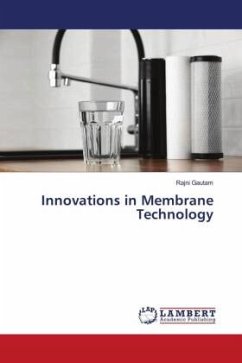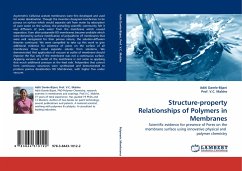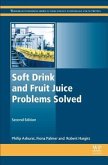This book includes methods and processes of wastewater treatment. Temperature, turbidity, pH, color, hardness and total dissolved solids are the main factors that determines the quality of water. Dissolved, suspended and living matter are the three main types of impurities present in water. Sedimentation and filtration are two main processes used for wastewater treatment. Sedimentation allows particles in suspension in water to settle out of the suspension under the effect of gravity. Filtration is used for separation of solids from fluids by adding a medium through which only the fluid can pass. The wastewater released from industries contains specific and readily identifiable chemical compounds. Industrial wastewater also contains toxic wastes and organic pollutants. Brine treatment, oil & grease removal and biodegradable organics removal are the three main industrial wastewater treatment processes. Membrane separation processes are used for separating particles of size range 10-5 to 10 µm and they are classified according to the driving force. Reverse osmosis, nanofiltration, ultrafiltration and microfiltration are the four main membrane separation processes.
Bitte wählen Sie Ihr Anliegen aus.
Rechnungen
Retourenschein anfordern
Bestellstatus
Storno

